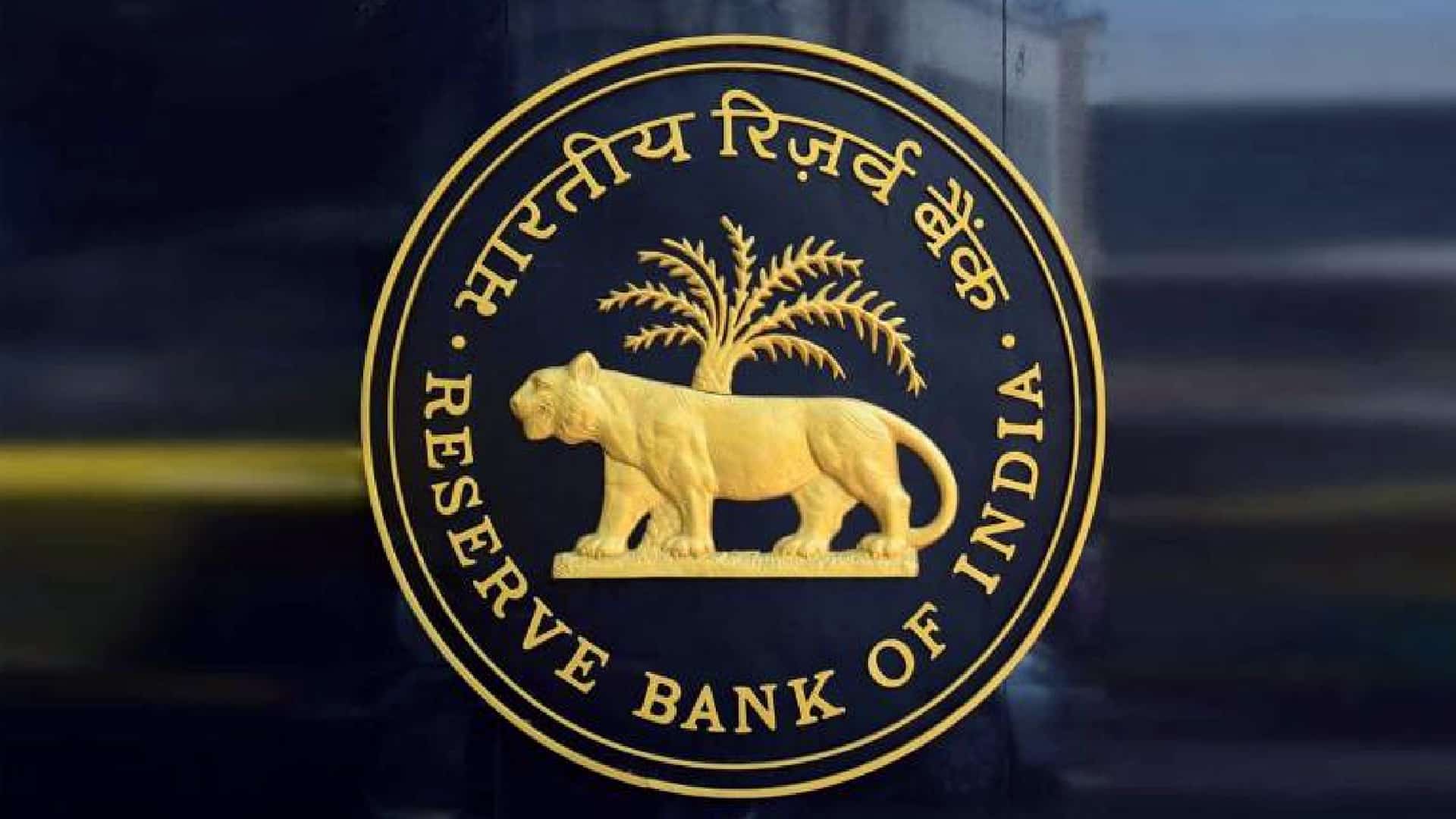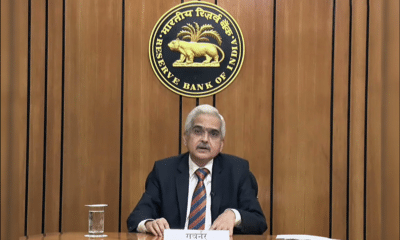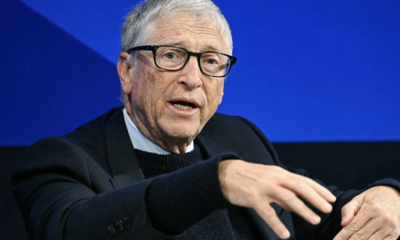Business
Markets retreat from record highs as RBI trims growth forecast; banks, RIL top drags
Equity indices treaded lower on Friday, weighed by banking, energy and FMCG stocks, after the RBI left interest rates unchanged but slashed the GDP growth estimate for this fiscal following the second wave of COVID-19. Lacklustre global cues and a weak rupee also soured risk appetite, traders said. The 30-share BSE Sensex ended 132.38 points or 0.25 per cent lower at 52,100.05, a day after closing at its lifetime peak. On similar lines, the broader NSE Nifty slipped 20.10 points or 0.13 per cent to finish at 15,670.25.
Nestle India was the top laggard in the Sensex pack, declining 1.97 per cent, followed by SBI, HDFC Bank, ICICI Bank, Axis Bank, Titan, HUL and Reliance Industries. On the other hand, Bajaj Finserv, ONGC, L&T, Bajaj Finance and HDFC were among the gainers, climbing up to 2.53 per cent. During the week, the Sensex rallied 677.17 points or 1.31 per cent, while the Nifty soared 234.60 points or 1.51 per cent. The Reserve Bank of India (RBI) on Friday left the key interest rates unchanged at record lows as it reiterated its commitment to keep its monetary policy accommodative to help the economy recover from the world’s worst outbreak of COVID-19 infections.
Also read: Wecript Search Engine Launching Their Messenger App to Revise Your Online Privacy
It also lowered its forecast for the country’s economic growth to 9.5 per cent for the current financial year ending March 31, 2022, from the previous estimate of 10.5 per cent. It projected the retail inflation at 5.1 per cent for this fiscal, within its target range of 4 per cent with a margin of 2 per cent on either side. Besides, the central bank expanded its version of quantitative easing to keep borrowing costs anchored. It will buy an additional Rs 1.2 lakh crore of bonds under the Government Securities Acquisition Programme (G-SAP) 2.0 in the second quarter. “A moderate increase in inflation forecast by the RBI in its policy meeting outcome led G-sec yields increasing by 3 bps, which resulted in profit-booking in banks,” said Binod Modi, Head – Strategy at Reliance Securities.
The Monetary Policy Committee (MPC) meeting outcome was mostly in-line with expectations as the RBI, in addition to maintaining status quo about policy rates, focused upon ensuring sufficient liquidity in the system and supported MSMEs and corporates hit in the second wave, he added. “An improved prospect of economic recovery led by sharp drop in daily caseload, ramping up vaccination process and gradual withdrawal of restrictions imposed by states has already led markets to witness fresh high in this week,” he said. Sectorally, BSE bankex, FMCG, energy and healthcare indices fell up to 0.95 per cent, while industrials, oil and gas, capital goods and metal ended with gains.
Broader BSE midcap and smallcap gauges outperformed the benchmark, rising up to 0.78 per cent. World equities stayed on the backfoot, in line with Wall Street, as investors fretted over higher inflation and its impact on the Federal Reserve’s accommodative stance. Bourses in Hong Kong, Tokyo and Seoul closed in the red, while Shanghai ended with gains. Equities in Europe were trading on a negative note in mid-session deals. International oil benchmark Brent crude was trading 0.38 per cent higher at USD 71.58 per barrel. The rupee fell 8 paise to close at 72.99 against the US dollar. Foreign institutional investors were net buyers in the capital market on Thursday as they purchased shares worth Rs 1,079.20 crore, as per exchange data.











































Pingback: Covid Impact: India’s tech outsourcing sector’s carbon emissions dips 85% amid changed work environment, says report